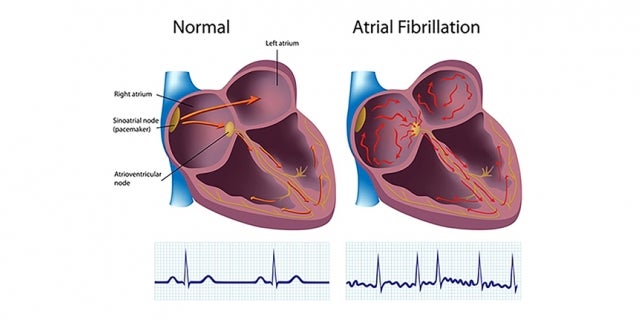Take a moment to imagine if this was your life. You are a busy professional, physically fit and active. Staying healthy is very much a part of your daily life and you’ve been given a clean bill of health year after year from your primary care physician. However, in the back of your mind, you worry. Your father had a heart attack in his 50s and so did your brother. You are also a male in your 50s.
Family medical history is certainly something that should never be ignored, but if you don’t seem to have any of the signs or symptoms of a heart attack is there really reason to... Read More »

